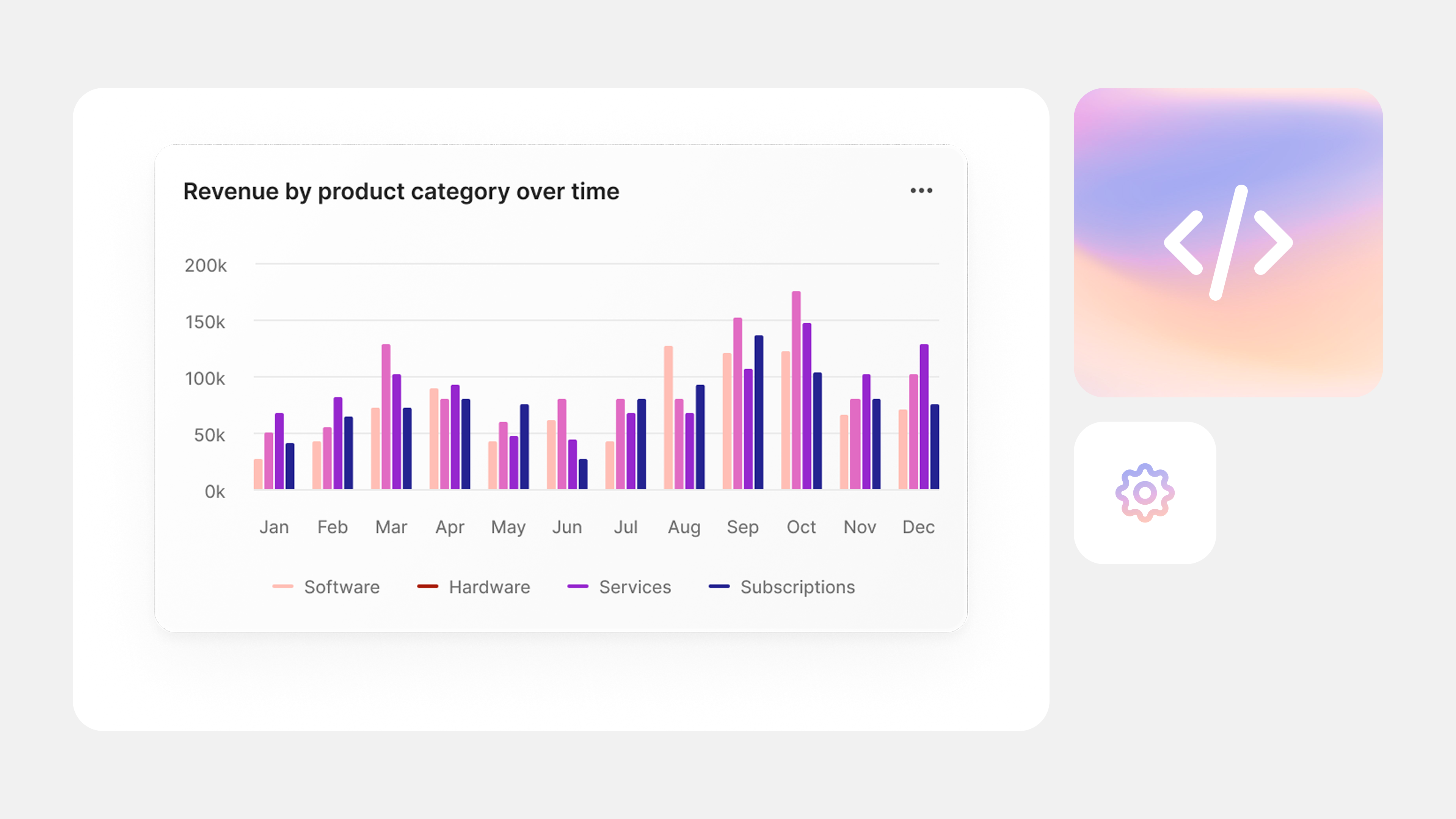When selecting a metadata management tool, it is important to consider the level of support, scalability, and functionality the tool offers. Additionally, some metadata management tools provide features such as version control, data lineage tracking, and data mapping. These features allow organizations to not only store and retrieve metadata, but also to track the changes and history of metadata over time.
The best way to begin using a metadata management tool is to start small and scale up as the need arises. This could mean setting up a simple system with just a few relevant fields, or deploying a fully-featured system right away. Either way, it is important to understand the capabilities and limitations of the tool and to select the right option for the organization’s needs.
Ultimately, metadata management tools provide organizations with the ability to control, monitor, and audit their metadata in a secure and efficient manner. By leveraging these tools, organizations can improve the accuracy and integrity of their data while reducing the burden of managing and maintaining metadata.
In the blog, we compare four of the most popular metadata management tools. Discover which tool is the right fit for your organization and learn about best practices for managing metadata.
Introduction to managing metadata
Metadata is a powerful tool for managing big data and data governance programs. It can help organizations better understand their data, enable better data governance, and make data more easily accessible to related parties. As organizations collect and process more data, the need to manage metadata has become increasingly important.
Managing metadata can be a daunting task, but it is well worth the effort to ensure data is organized, accessible, and secure. There are numerous metadata management tools available to help organizations with this task. The goal of these tools is to simplify the process of storing and retrieving metadata, as well as to enable organizations to centrally manage and configure metadata.
An overview of metadata management tools
Metadata management tools are essential for the successful management of metadata. They are platform-independent, and include the ability to search for, import, export, and store metadata. They also provide the ability to create, edit, and read metadata, as well as to update registration and classification systems.
Metadata management tools have become increasingly important as organizations try to optimize their data and leverage analytics for decision-making. By using a metadata management platform, organizations can centralize and standardize their collection, curation, and management of data. This helps to ensure that the metadata is properly understood and shared across all departments for improved efficiency.
Metadata management tools can provide a central repository for metadata, enabling users and teams to work together in a collaborative way, keeping everyone in sync with the latest version of the data. These tools enable users to define policies, set permissions, and control access to the data, while providing visibility over the entire data collection. Additionally, they provide an audit trail for each step, enabling correlation between the metadata and the changes made over time.
As the demand for data integration, security, and connection grow, metadata management tools have become essential. They are essential for enterprises that need to securely manage complex data structures and ensure data accuracy. By using metadata management tools, enterprise users can centrally manage and query metadata quickly, leading to improved collaboration and data-driven decision-making.

Benefits of using metadata management tools
Metadata management tools provide tremendous benefits to organizations that require efficient ways of managing their data. Generally, these tools are used to capture, store, and organize metadata related to various data objects. This allows efficient retrieval and navigation of data, which facilitates better data governance.
- Improved Data Visibility and Access: These tools make it easier to navigate and query data sets, enhancing the overall visibility and accessibility of data.
- Enhanced Data Quality and Accuracy: By providing a unified structure for codifying data, metadata management tools ensure data can be easily searched and the desired information quickly found, thereby improving data quality and accuracy.
- Strengthened Data Governance: These tools aid in the implementation of consistent data policies, thorough evaluation of data risks, and tracking and documentation of data changes, ensuring that data is used only for prescribed business purposes.
In conclusion, metadata management tools are invaluable for organizations seeking efficient data management. They increase visibility and access to data, improve data quality and accuracy, and support robust data governance initiatives. Incorporating a metadata management tool is essential for any organization's data governance strategy and should not be overlooked.
Types of metadata tools
Metadata management tools are essential for organizing, maintaining, and utilizing metadata effectively within an organization. These tools support various aspects of metadata management, including cataloging, data governance, data quality, and data lineage. Here’s a briefing on the types of metadata management tools:
Metadata Repositories and Catalogs
These tools store and manage metadata in a centralized location, making it easy to search, access, and understand data assets.
Data Governance Tools
These tools focus on ensuring data quality, consistency, and compliance with policies and regulations.
Data Quality Tools
These tools help maintain and improve the quality of data by detecting and rectifying errors, inconsistencies, and inaccuracies.
Data Lineage Tools
These tools track and visualize the flow of data from its source to its destination, helping understand data transformations and dependencies.
Master Data Management (MDM) Tools
These tools ensure the consistency and accuracy of an organization’s critical data (master data) by providing a single point of reference.
Data Integration Tools
These tools help integrate data from various sources, ensuring that metadata is consistently managed across different systems.
Business Glossary Tools
These tools provide a centralized place for defining and managing business terms, ensuring consistency in terminology across the organization.
Metadata Management Frameworks
These comprehensive platforms provide a combination of the above functionalities, offering end-to-end solutions for metadata management.
Data Cataloging and Discovery Tools
These tools facilitate data discovery by providing searchable catalogs of data assets, often enriched with metadata and annotations.
ETL (Extract, Transform, Load) Tools with Metadata Capabilities
These tools handle data extraction, transformation, and loading processes while managing metadata related to these processes.
Big Data Management Tools
These tools are tailored for managing metadata in big data environments, often supporting complex and large-scale data ecosystems.
By using these tools, organizations can better manage their metadata, improve data quality, ensure compliance, and enable better decision-making processes.
Comparison of popular metadata management tools
Metadata management tools can be a valuable asset for enterprises with plenty of data on-hand. Having the right metadata management tool in place can help you define, store, and manage your data. Additionally, with these tools, you can easily monitor data flow, tagging, and permissions with centralized administration.
In this section of the ultimate guide to managing your metadata, we will look at the comparison of the most popular metadata management tools. We'll cover the features and capabilities offered by each of the tools, giving you the information you need to make an educated decision.
Google Cloud Data Catalog
First up is Google Cloud Data Catalog. Cloud Data Catalog is a service offered on the Google Cloud Platform that allows users to store, manage, and catalogue metadata for their data assets and business systems. This tool can be used to organize and use large data sets, store metadata, and quickly access data from multiple sources. Additionally, Cloud Data Catalog offers a range of features, such as data security and compliance, real-time query and search, and API access.
Amazon Glue
Next is Amazon Glue. Amazon Glue is a serverless metadata management service offered on the Amazon cloud that enables users to discover and catalog data sources across the enterprise. It offers a wide range of features, such as automatic data discovery, data cataloging, search, graphical views, and API access. Amazon Glue also provides comprehensive data security and compliance tools.
Secoda
There’s also Secoda. Secoda is a modern data catalog tool that automates the integration of your data sources. With Secoda, you can easily discover, understand, and collaborate on your data assets. Its machine learning algorithms automatically identify relationships and dependencies between data sources, making it easy to find the information you need. Additionally, Secoda offers a range of features, such as data lineage tracking, search, and visualization, as well as integration with popular tools such as Tableau and Power BI. With Secoda, you can streamline your data management and governance processes, enabling better decision-making and business outcomes.

Apache Atlas
Finally, there is Apache Atlas. Apache Atlas is an open source metadata management platform designed to provide users with a rich set of features to define, store, and manage data. It provides features such as data tagging, entity type definitions, search, and fine-grained access control. Apache Atlas also makes it easy to create connections between data and applications and allows users to create data governance workflows with flexible entity models.
In conclusion, each metadata management platform has its own unique set of features, making it easy to find the right tool for managing your metadata. Whether you choose Google Cloud Data Catalog, Amazon Glue, Secoda or Apache Atlas, you'll have access to a powerful tool that can help you store, manage, and catalog your data.
Conclusion
With the increasing volume and complexity of data, managing it effectively has become a challenging task. This is where metadata management tools come in handy. By utilizing such tools, organizations can automate the process of managing metadata, which includes data descriptions, data lineage, and data relationships. This not only improves the accuracy and consistency of data but also enhances its discoverability, accessibility, and reusability. Furthermore, it enables organizations to comply with regulatory requirements, manage data privacy and security, and optimize their data management processes.
Try Secoda for Free
With Secoda, data analysts and engineers can easily search, explore, and understand the data assets within their organization. The platform provides a comprehensive view of an organization's data landscape, including data lineage, dependencies, and relationships. This allows data engineers to quickly identify data sources, understand data context, and avoid duplication of work.
Secoda's collaboration features enable data engineers to collaborate with other stakeholders, such as data scientists, business analysts, and data stewards. This facilitates cross-functional data discovery and helps to ensure that all stakeholders have a clear understanding of the data assets available to them.
Secoda's automated metadata management capabilities enable data engineers to maintain data integrity and compliance with data governance policies. This is particularly important for organizations that deal with sensitive or regulated data. See for yourself by creating a free account.















